A successful female gamer has spoken about the trauma of discovering deepfake online porn of herself and the urgent and costly moves needed to remove it.
Sunpi, who has over 117,000 YouTube followers, told The Independent that she was forced to spend about £500 on legal fees to get the content taken down.
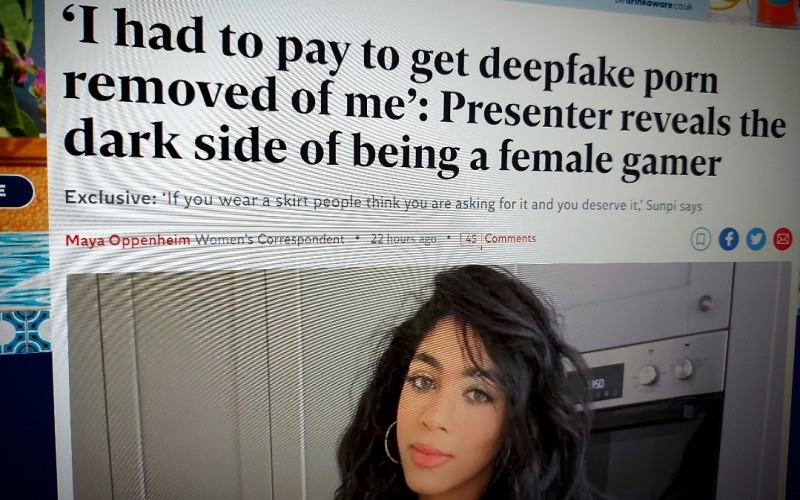
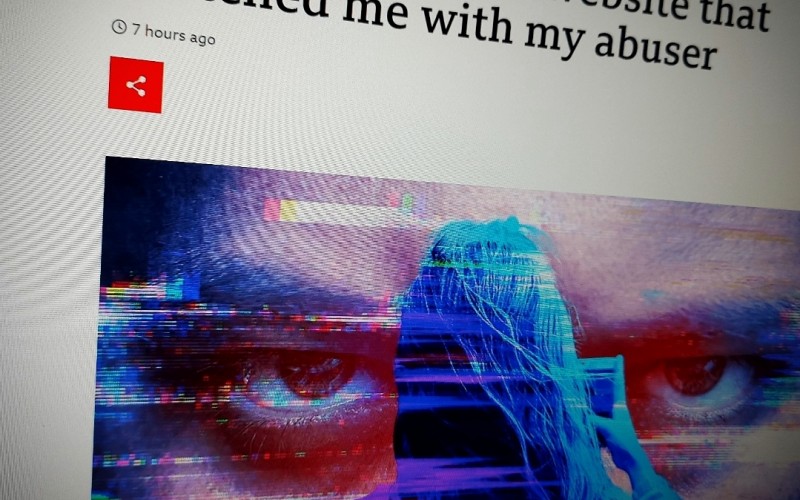
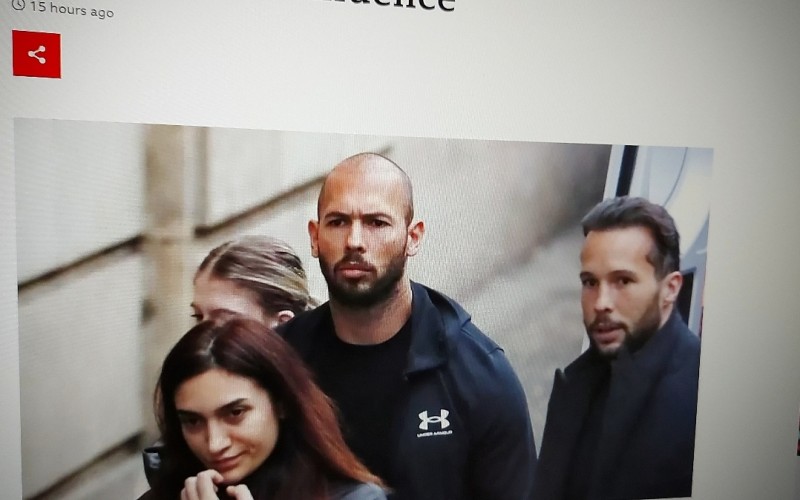
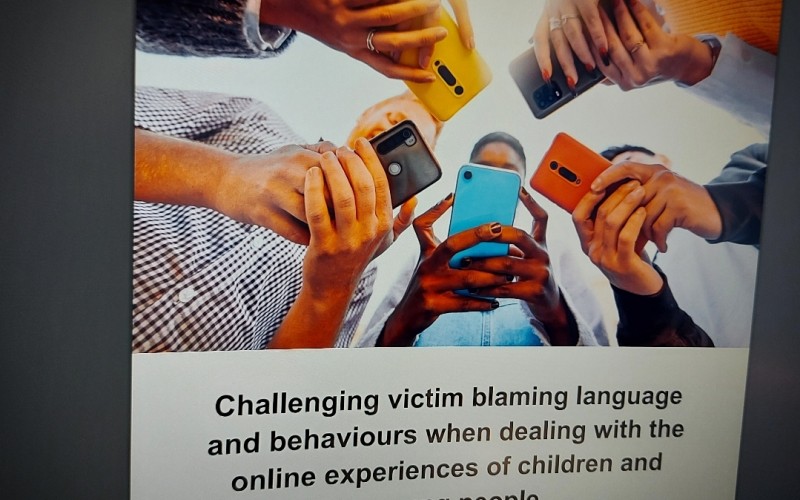
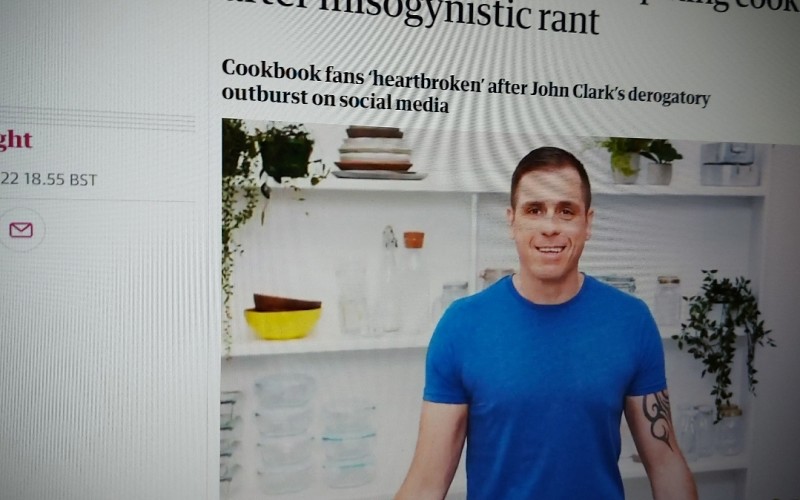

Comments
make a comment